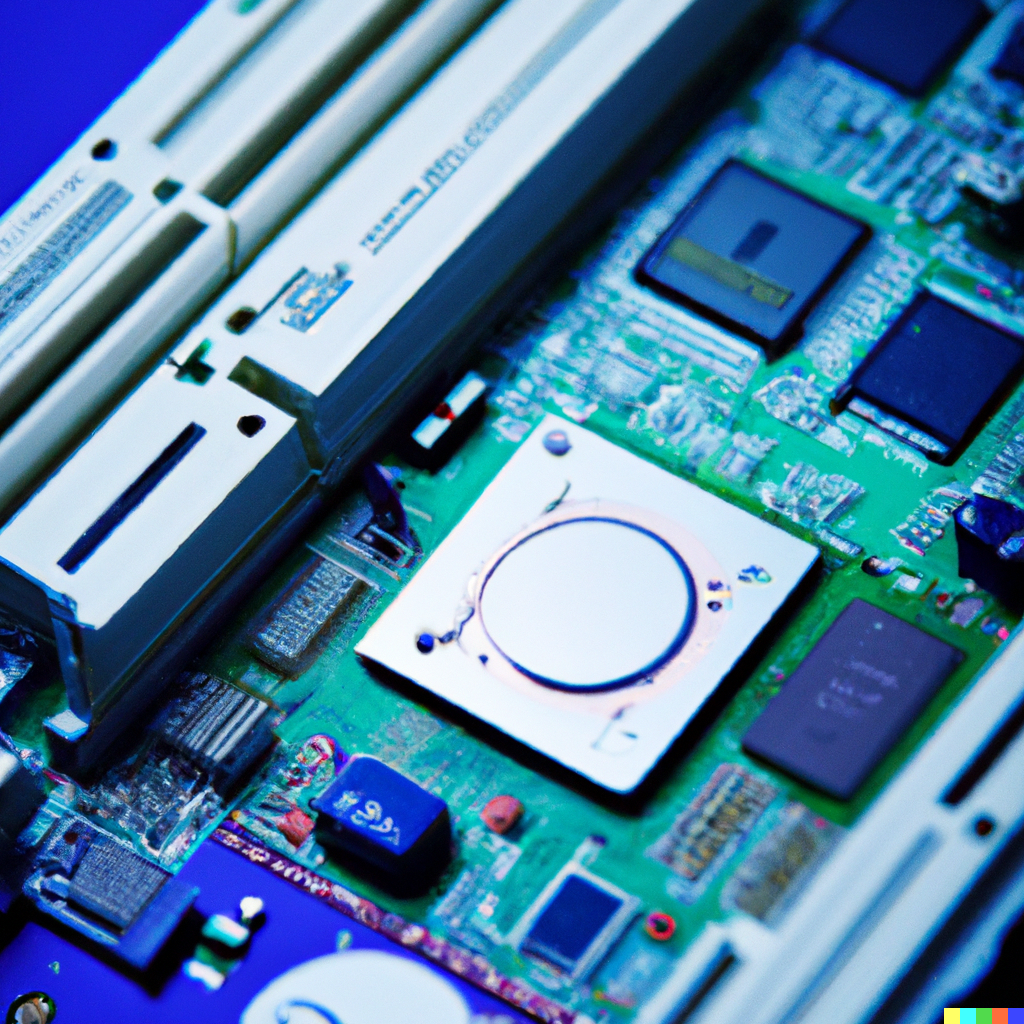July 10 | Hardware Technology HardwareTech

In today's rapidly evolving technological landscape, hardware technology continues to play a crucial role in shaping our future. From powerful processors to innovative storage solutions, hardware advancements are driving unprecedented levels of performance, efficiency, and capability in various sectors. This article delves into the latest trends in hardware technology, exploring how these innovations are revolutionizing industries and impacting our daily lives.
Quantum computing leverages the principles of quantum mechanics to process information in ways that classical computers cannot. While traditional computers use bits (0s and 1s) to perform calculations, quantum computers use quantum bits or qubits, which can represent both 0 and 1 simultaneously thanks to a property called superposition.
Quantum computing holds the promise of solving complex problems that are currently intractable for classical computers. In sectors such as cryptography, pharmaceuticals, and materials science, quantum computing is expected to accelerate research and development, leading to breakthroughs that could transform these fields.
Edge computing involves processing data closer to the source of data generation (i.e., at the "edge" of the network) rather than relying on a centralized data center. This approach reduces latency and bandwidth usage, making it ideal for applications requiring real-time processing.
The proliferation of Internet of Things (IoT) devices has driven the adoption of edge computing. By processing data locally, IoT devices can operate more efficiently and respond faster to changing conditions. This is particularly beneficial in smart cities, industrial automation, and healthcare, where real-time data processing is critical.
As Moore's Law slows down, the semiconductor industry is exploring new materials and architectures to continue improving performance. Technologies such as FinFETs (Fin Field-Effect Transistors), GAAFETs (Gate-All-Around FETs), and 3D stacking are pushing the boundaries of what is possible in chip design.
These advancements enable more powerful and energy-efficient processors, which are essential for artificial intelligence, machine learning, and high-performance computing. The development of neuromorphic chips, which mimic the human brain's architecture, is also gaining traction, promising significant improvements in AI processing capabilities.
Non-Volatile Memory Express (NVMe) is a storage protocol designed to maximize the performance of solid-state drives (SSDs). NVMe SSDs offer faster data transfer speeds and lower latency compared to traditional SATA SSDs, making them ideal for data-intensive applications.
Storage-Class Memory (SCM) technologies, such as Intel's Optane, bridge the gap between traditional volatile memory (RAM) and non-volatile storage (SSD). SCM provides faster access times and higher endurance, enhancing the performance of applications that require frequent data access and manipulation.
5G technology promises to deliver significantly higher data speeds, lower latency, and increased connectivity compared to previous generations. This has far-reaching implications for various industries, including autonomous vehicles, augmented reality (AR), and remote healthcare.
While 5G is still being rolled out globally, research into 6G is already underway. 6G aims to provide even faster data rates, enhanced connectivity, and new capabilities such as integrated AI. The convergence of 6G with emerging technologies like edge computing and IoT will further accelerate innovation and connectivity.
As the demand for computing power grows, so does the need for energy-efficient hardware solutions. Innovations in low-power processors, advanced cooling techniques, and energy-efficient data centers are crucial in reducing the environmental impact of technology.
The push for sustainability has also led to the development of hardware components made from recyclable and biodegradable materials. These efforts aim to minimize electronic waste and promote a circular economy in the tech industry.
The rapid pace of innovation in hardware technology is transforming industries and redefining what is possible in our digital world. From the advent of quantum computing to the widespread adoption of edge computing and IoT, these advancements are driving new levels of performance, efficiency, and sustainability. As we look to the future, continued investment in research and development will be key to unlocking the full potential of these technologies and addressing the challenges of our increasingly connected world.
HardwareTech is dedicated to providing in-depth analysis and insights into the latest trends and innovations in hardware technology. Our mission is to keep you informed about the advancements shaping the future and their impact on various industries. Stay tuned for more updates and expert opinions on the cutting-edge developments in the world of hardware.
References:
Feel free to reach out with any questions or comments about the latest in hardware technology.
SHARE THIS:
© Copyright 2026Global Tech AwardsAll Rights Reserved